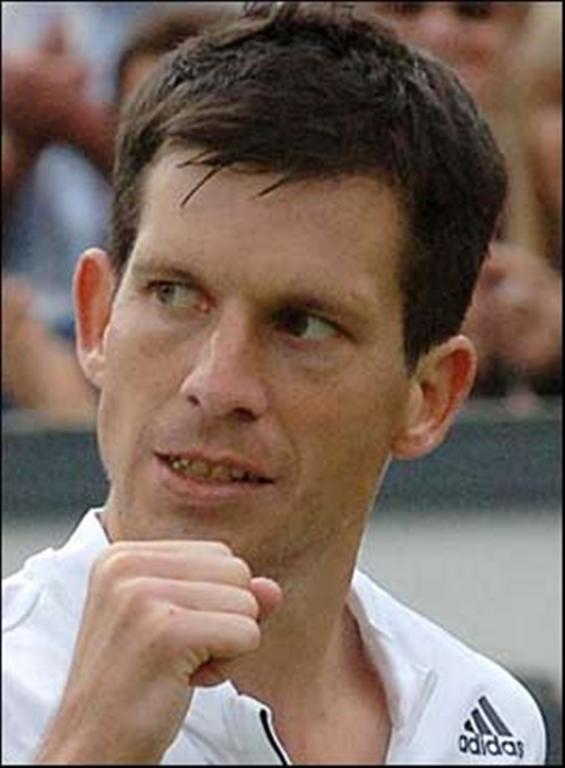Failing Better.
‘Ever tried? Ever failed? No matter.
Try Again. Fail again. Fail better.’
Samuel Beckett
Don’t give up! Learn from your mistakes. Do better next time. Remember Robert Bruce and the spider, Alfred and the cakes. Just pick yourself up, dust yourself down and start all over again. That seems be the message of Beckett’s aphorism.
Of course, the greater the prize, the greater the chance of failure. If only one in a hundred are going to succeed, then the odds are stacked against you. Failure is not only likely but valuable. So give yourself a break. Don’t get so hung up on failure. Just learn from your mistakes and do better next time.
Suppose you enter a poem or a short story for a literature prize and you don’t short listed, be phlegmatic, reflect on the experience and try again. Lower your sites a little. The next time you will do it better. And maybe after three of four attempts, your poem might be commended and in the time of failure you may amass a sufficient body of work to secure a publishing deal. Look at the number of rejections J.K. Rowling had before Harry Potter was accepted. Did she give up? No! She continued to go to the same Edinburgh café and keep writing.
Science is 99% failure. Grant applications are rarely accepted first time round. Most papers submitted to scientific journals are rejected by the reviewers. New drugs are almost invariably turned down by the regulatory authorities. But most scientists don’t give up. They study the reviewers comments, make the necessary adjustments to their manuscript, mount a considered rebuttal to those remarks they don’t agree with and resubmit. Maybe there was a fatal flaw in their argument all along and they have to withdraw, but the next time they send in a paper, it will be so much better. And eventually their perseverance will pay off.
This same principle applies to all aspects of life; job applications, passing your driving test, learning IT skills, house or garden design, managing finance, bringing up children. Parents are often more relaxed with their second child, who benefits from the mistakes they made with their elder brother or sister.
And of course, it applies in spades to personal relationships. You meet the love of your life; the one, who has the looks, wit, charm and what’s more seems to love you too. Yet, you make a mess of it. The greater the desire, the greater the fear, and like a slip fielder, you bungle the catch. But what do you do; give up all hope; go into terminal decline? Hopefully not! You learn, albeit sadly. You might question your own projections, acknowledge the confusion of love and possession, even gain a little wisdom, redirect your energies, but above all realise that life can still offer joy and happiness.
The sporting metaphor is so apt. How much we all agonised over Tim Henman’s battles with himself, which only intensified as the prize of a Wimbledon grand slam got within reach. But Tim not only failed better and better, reaching the semi-finals four times, but he failed magnificently. What drama! What courage! What a spectacle!
And how many of us thought the Ashes series was dead and buried after the rout at Headingly, yet the same England team came back and secured the prized urn at The Oval just two weeks later.
Success is never a good thing if it is too easy. Easy success can breed complacency; a sense of entitlement that can make the shock of failure and rejection too much to bear. Look at the fragility of George Best, Paul Gasgoine, Amy Winehouse, Britney Spears and Jade Goody. Celebrity that is not built on a solid foundation of hard work and harder personal experience can all too easily collapse with quite devastating consequences.
On the other hand, how many successful people built their lives from the ashes of failure. Sir Richard Bransom left school at 15; so did Alexander Graham Bell. Winston Churchill was right at the bottom of his year at Harrow. John Major, John Humphreys, James Callaghan and Alan Sugar never went to University. Bill Gates dropped out of Harvard. Damien Hirst got an E in A level Art. John Lennon failed all his O levels. The examples of successful failures are so legion that it can seems that failure is a necessary prerequisite of success, providing the grit in the oyster, the frustration, disappointment and hunger that can motivate a person to fail better or even succeed.
The important thing is to forgive yourself, acknowledge your mistakes, adjust and try again. Reflect but don’t over-analyse. Learn but don’t agonise. Failure doesn’t have to be a fatal character flaw. You are not defined by your success or your failure. On the contrary, failure is part of the human condition. Understand the mechanics of your errors and then let them go. That way you will feel better.
This article was stimulated by a conversation I had with the psychoanalytical psychotherapist, Dr Alan Lidmila.




A great article illustrating why Laissez Faire economics has had such great success while Socialist economics has such a dismal record. The former is built on the freedom to explore and fail in order to succeed, while the devastations of the latter come from the ensconced errors of its self-styled omniscient leaders.
is that peter vaculik of bataville?! plse forward to him (cpn. nemo) clearly an ayn rand fan.. strange bedfellows indeed